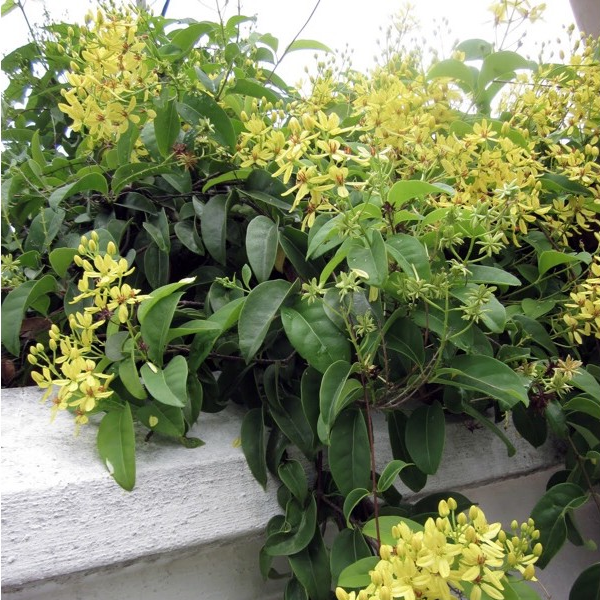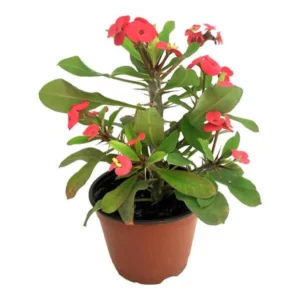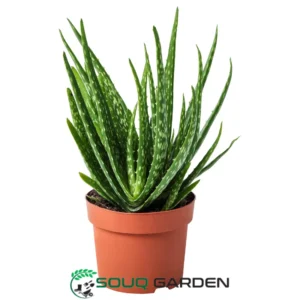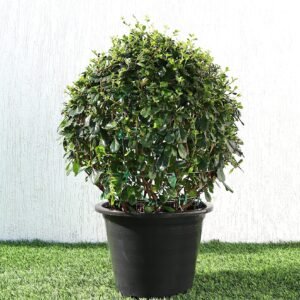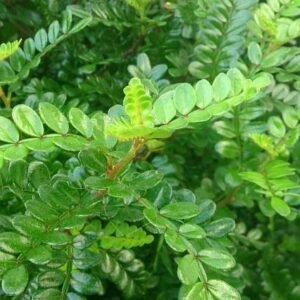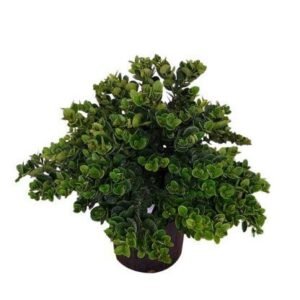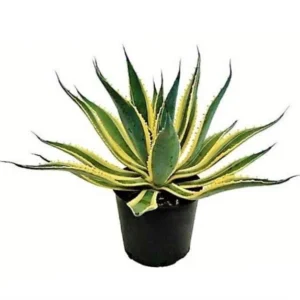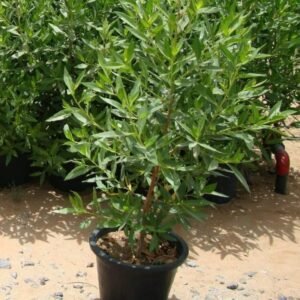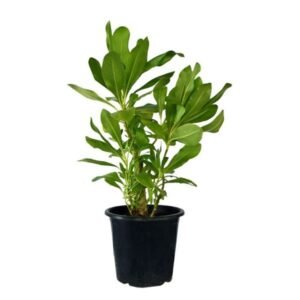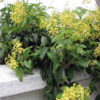Australian gold vine, Tristellateia australasiae
372.0 AED
Botanical name:- Tristellateia australasiae.
| Scientific name | Tristellateia australasiae |
| Common name |
Australian gold vine,Maiden’s Jealousy, Galphimia Vine, Golden Rod, Australian Gold Vine |
| Temperature requirement | 25-35 °C |
| Humidity | 40-50% |
| Light | Full sunlight |
| Watering | Water everyday &keep moist |
| Pests | lace bugs |
| Pet friendliness | |
| Maximum plant height | Up to 10 m |
| Potting mix | Potting soil/red soil/manure/perlite |
| Pot requirement | Good drainage & repot every 1-2 years |
| Nutrition | Apply manure for first 15 days and npk for next 15 days |
| Pruning & training | Remove dead & diseased leaves with sterile shears |
| Common color & season | Bright golden yellow |
| Description | It has beautiful, bright yellow blooms. Australian gold vine is a fast-growing climber for fences, pergolas, trellises, and vertical greening of buildings. It can be trained as ground cover, or even as a low hedge. It is suitable for gardens, parks or roadsides.Australian gold vine grows along creeks and estuaries, in beach forest, landward edge of mangrove forests, and tidal swamps.It can be planted in moist soils, well-drained soils, saline soils / salt spray, fertile loamy soils.It is a liana, up to 10 m tall or more.Its opposite, stalked leaves have somewhat papery leaf blades that are oblong-egg-shaped, and 6-12 by 4-7 cm.Its bright yellow-petalled flowers are 2-2.5 Cm wide, borne on flowering shoots that are 10-30 cm long.Its star-shaped fruits are 1.5 Cm wide, with up to three developing from each flower.It can be propagated by seed or stem cuttings.Best in an organically enriched, free draining fertile soil with a ph 6.1 – 7.8, Mildly acidic to mildly alkaline. Benefits from a 7.5Cm deep mulch to help keep its roots cool.Apply a light application of slow release 14:14:14 npk every 4 months. Benefits from additional p during flowering which helps to stimulate additional blooms. Keep soil moist. Drought tolerance for short periods only. Does not accept over irrigation or waterlogging for more than 4-6 weeks at a time. |

